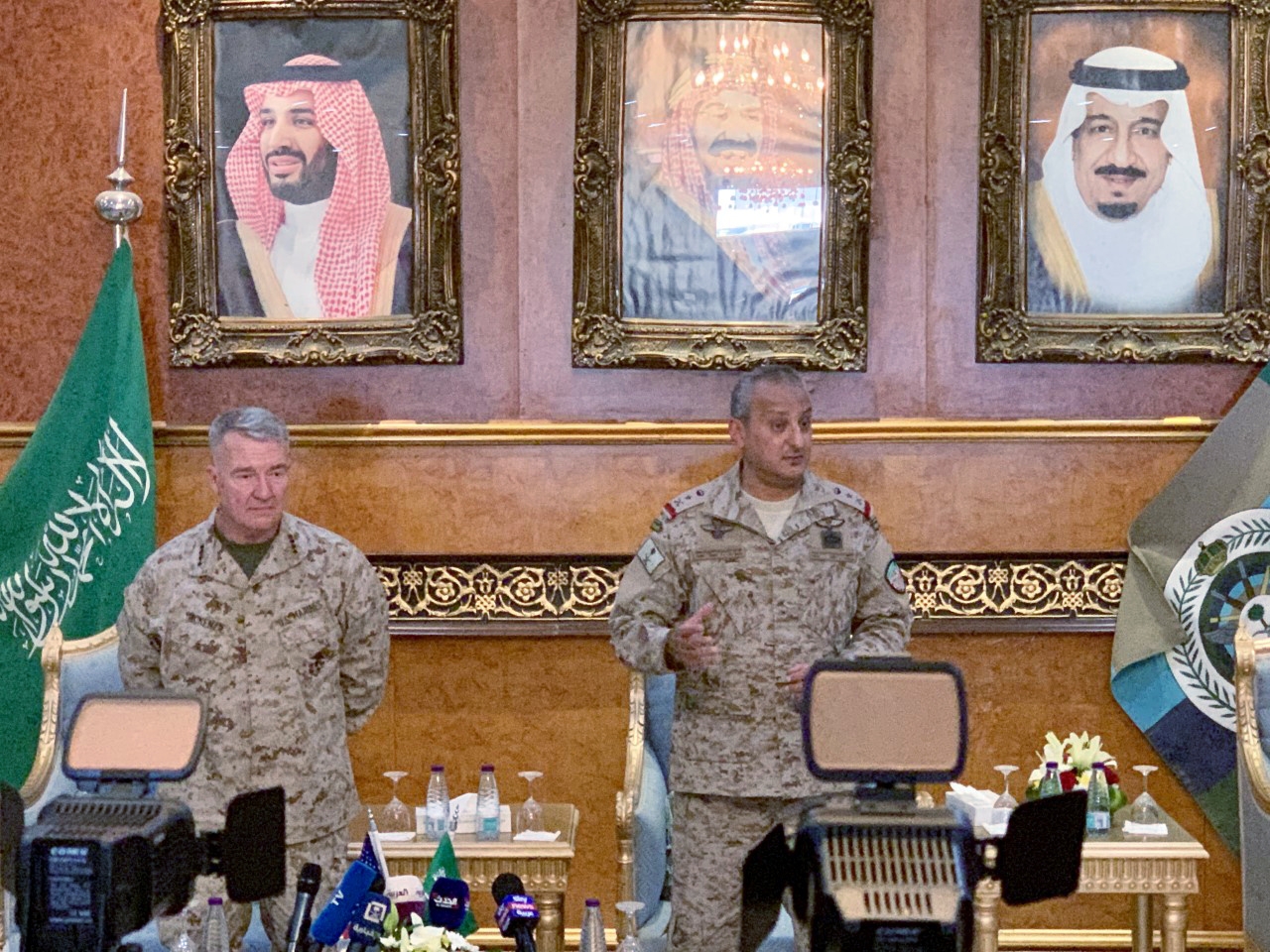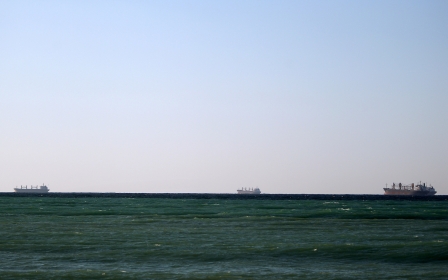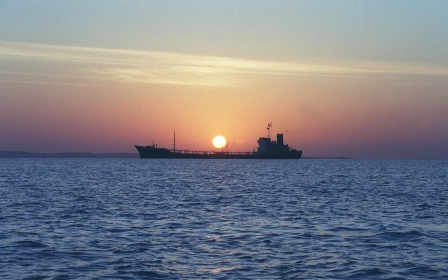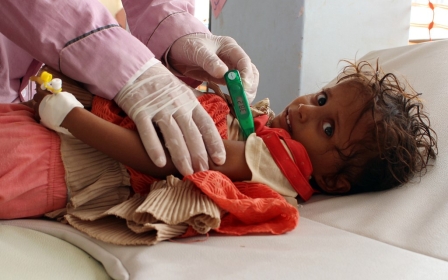US Army stations troops in Saudi Arabia for first time since 2003

Saudi Arabia's King Salman agreed to host US forces in the country for the first time since 2003 as tensions escalate between America and Iran.
The state news agency (SPA) said on Friday that King Salman had approved the move in a bid to boost regional security and stability in the region.
The US Defense Department confirmed the move in a statement, saying it would deploy troops and resources to Saudi Arabia to "provide an additional deterrent" in the face of "emergent, credible threats".
On Friday, Iran said it had seized a British oil tanker in the Strait of Hormuz, but denied Washington's assertion that the US Navy had downed an Iranian drone nearby earlier this week.
The decision on hosting US forces aims "to increase joint cooperation in defence of regional security and stability and to preserve its peace," SPA said, quoting a Ministry of Defence official, without giving further details.
New MEE newsletter: Jerusalem Dispatch
Sign up to get the latest insights and analysis on Israel-Palestine, alongside Turkey Unpacked and other MEE newsletters
A US official, speaking on condition of anonymity, told Reuters that the deployment would include about 500 US military personnel in Saudi Arabia, and is part of a boost in the number of US troops in the Middle East that the Pentagon announced last month.
In June, the Pentagon said it would deploy 1,000 troops to the Middle East but did not say where they were going.
Relations between Washington and Tehran worsened last year when President Donald Trump abandoned a 2015 nuclear deal between world powers and Iran.
Under the pact, Iran agreed to restrict nuclear work, long seen by the West as a cover for developing nuclear weapons, in return for lifting sanctions. But sanctions have since been reimposed, badly hurting Iran's economy.
Trump has said he considers Saudi Arabia an important partner in the Middle East and counterweight to the influence of Iran.
Middle East Eye delivers independent and unrivalled coverage and analysis of the Middle East, North Africa and beyond. To learn more about republishing this content and the associated fees, please fill out this form. More about MEE can be found here.




